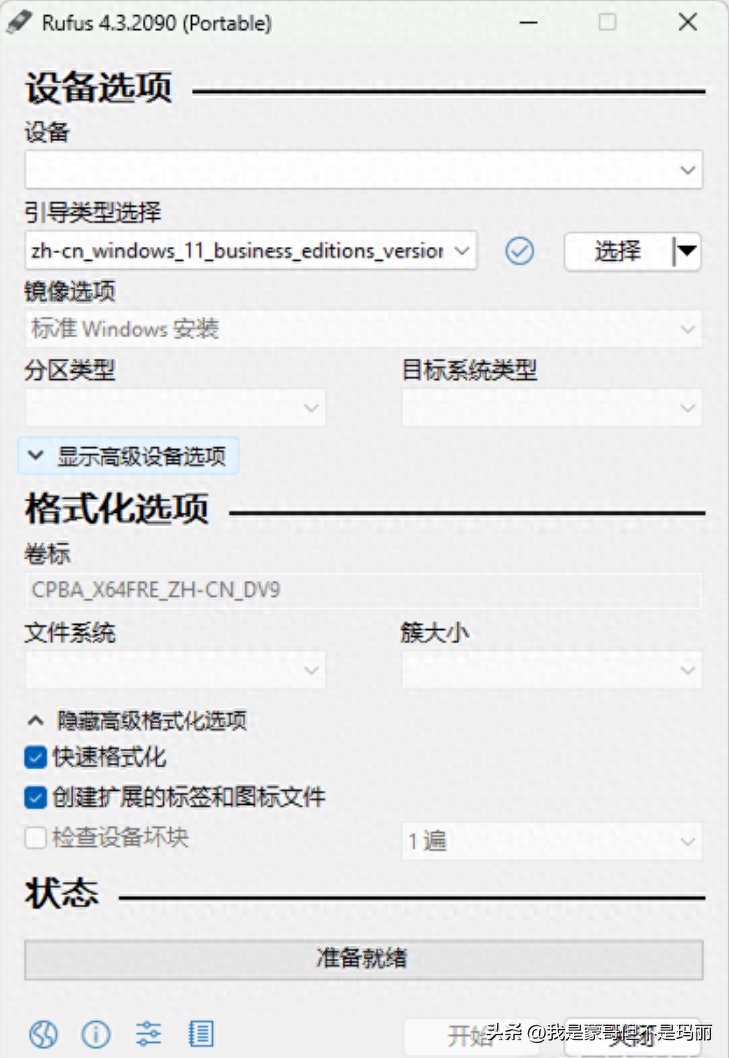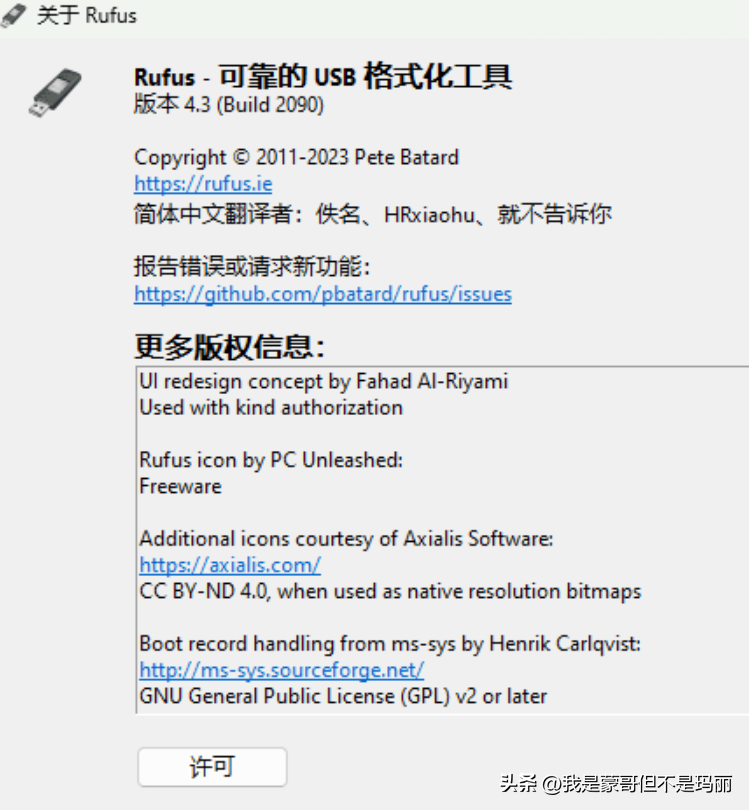
Rufus is a compact, practical, and free open-source tool for formatting and creating bootable USB flash drives. It is capable of quickly creating Linux or Windows bootable USB drives from ISO image files. It supports ISO images, GPT, and UEFI, and is a powerful tool for creating USB bootable drives. It is known for its fast write speeds when creating a Windows 7 USB installation disk, being approximately twice as fast as UNetbootin, Universal USB Installer, or Windows USB download tool. It is also fast when creating Linux bootable USB devices. To obtain Rufus, please refer to the free download method provided at the end of this article.

Rufus is particularly useful in the following scenarios:
- When you need to create a bootable USB installation disk from bootable ISO images (Windows, Linux, UEFI, etc.)
- When you need to use a device that does not have an operating system installed
- When you need to flash BIOS or other firmware from a DOS system
- When you need to run low-level tools.
Despite its small size, Rufus is feature-rich and provides everything you need. The latest update, Rufus 4.3.2090 (20231019), includes the following features:
- Added support for preserving symbolic links when using NTFS
- Added exceptions to enforce NTFS on Linux Mint’s LMDE
- Added expert feature to restrict Windows installation to S mode
- Fixed persistent support for Debian 12 in BIOS mode
- Fixed regression that prevented opening .vhd images
- Improved UEFI:NTFS bootmgr update to report clearer errors regarding security issues
- Improved search for conflicting processes by running in the background
- Improved support for Slax Linux.
To download Rufus for free, please follow the instructions provided in the private message by sending “U盘” (Chinese for “USB drive”).
 量子哈希
量子哈希













